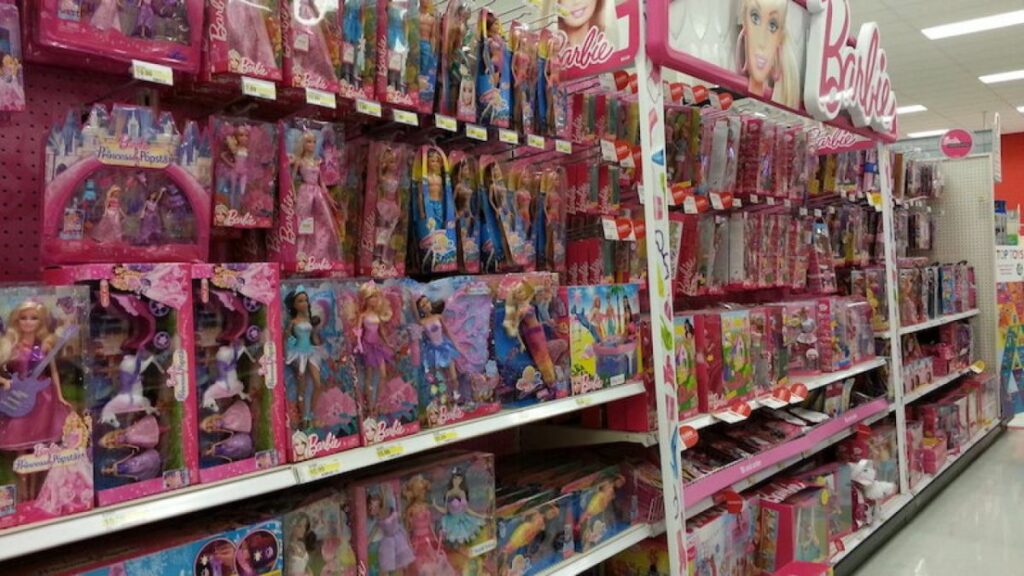California Assemblyman Evan Low (D- Campbell) is an openly gay lawmaker who made headlines in 2018 for trying to push a “gay conversion therapy bill” that would have outlawed certain kinds of counseling for young people struggling with same-sex attraction or sexual identity confusion. Faith-based groups raised an outcry, pointing out that Low’s bill didn’t just target fringe “conversion therapy” practices as it purported to do, but would in fact interfere with all manner of pastoral care of people who voluntarily wanted to work through unwanted sexual attractions with their religion’s guidance. Low ultimately retracted the bill.
Low is back in the news again, though, and this time with an even more bizarre and potentially damaging legal proposal: he wants to make the separation by sex of children’s toys and clothing items in stores illegal.
California AB 2826, “Gender neutral retail departments,” is Orwellian in letter and spirit. Apart from being a quintessential example of the “Nanny state” run amok, it charges through a delicate thicket of psychological, legal, and cultural issues like a blindfolded bull in a toy shop.
The bill would enact that any retail department store in California “shall maintain one, undivided area of its sales floor where, if it sells childcare articles, all childcare articles, regardless of whether a particular item has traditionally been marketed for either girls or for boys, shall be displayed.” It has two more clauses identically worded, except specifying both “clothing” and “toys” in place of “childcare items.”
What is the reason for this onerous and bizarre mandate? Well, the bill makes that clear, too:
The Legislature finds and declares both of the following:
(a) Unjustified differences in similar products that are traditionally marketed either for girls or for boys can be more easily identified by the consumer if similar items are displayed closer to one another in one, undivided area of the retail sales floor.
(b) Keeping similar items that are traditionally marketed either for girls or for boys separated makes it more difficult for the consumer to compare the products and incorrectly implies that their use by one gender is inappropriate.
The amount of poor logic and rash assumption that has gone into this is startling.
Firstly, the bill doesn’t specify what counts as an “unjustified difference” in “similar products.” Is the fact that G.I. Joe wears battle dress uniform and Barbie a dress one of these, for example?
Secondly, and more significantly, claiming that this blending together of boys’ and girls’ toys is in the name of making it easier “for the consumer to compare the products” is a mere bit of intellectual sleight of hand trying to mask the real reason for this bill that follows: it is simply about wanted to “correct” the implication that “[some products’] use by one gender is inappropriate.”
Remember, the bill doesn’t just refer to toys. It also refers to clothing. In other words, this bill would codify that it is incorrect to imply that it is “inappropriate” for a boy to wear a dress or girls’ underwear, to take just one example.
Of course, Low here is just running a play out of the LGBT handbook that’s already been in vogue in recent years. In 2015, Target stores moved to make their toy sections gender neutral (to choruses of praise from the psychological community). The same retailer later went further and made all clothing changing areas gender neutral, with a resulting spike in reported incidences of sexual voyeurism, indecent exposure, and assaults.
Low’s proposal simply follows the template already being imposed in some places. But it begs a question: could the huge increase over the past several years of children’s and adolescents’ reports of gender identity confusion and discomfort be linked to policies such as this one? One thing seems certain at any rate: in the name of making things easier for consumers, bills like the one Low has authored really just make things harder for parents.
